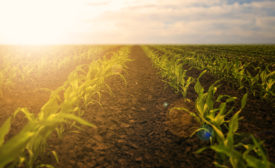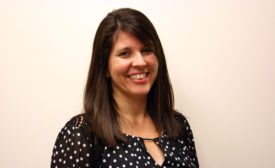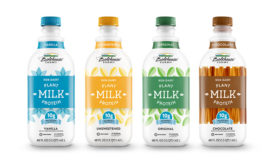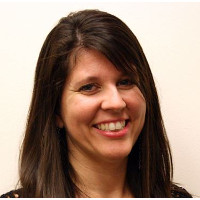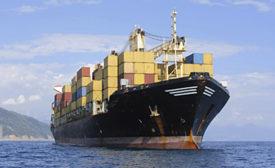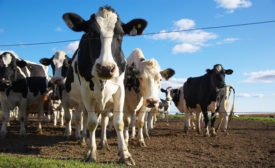Home » blockchain technology
Articles Tagged with ''blockchain technology''
Report connects food loss, hunger, consumer demand, climate change
By 2030, new emerging traceability technologies like IoT sensors, blockchain and food-sensing technologies could reduce food loss by 85 million tons.
January 23, 2019
World Wildlife Fund launches blockchain platform designed to track products from source
Once the QR code is scanned, OpenSC automatically provides details regarding where the product came from, when and how it was produced and how it journeyed along the supply chain.
January 17, 2019
How blockchain technology provides effective supply chain experience
The growing number of food fraud cases is a driving factor in growth of blockchain technology.
January 4, 2019
Blockchain-based system targets small, medium-sized enterprises
b_verify is designed to help small and medium-size enterprises — especially those in developing nations.
November 27, 2018
Halifax Port Authority to pilot blochain-focused global trade digitization solution
The goal is to develop a highly secure digital ledger system that promotes the sharing of information across the global shipping industry.
November 26, 2018
Arla becomes first dairy processor to utilize blockchain
The first product to utilize the Arla Milkchain is Single Estate Organic Milk.
November 9, 2018
Elevate your expertise in refrigerated and frozen foods with unparalleled insights and connections.
Get the latest industry updates tailored your way.
JOIN TODAY!Copyright ©2024. All Rights Reserved BNP Media.
Design, CMS, Hosting & Web Development :: ePublishing

